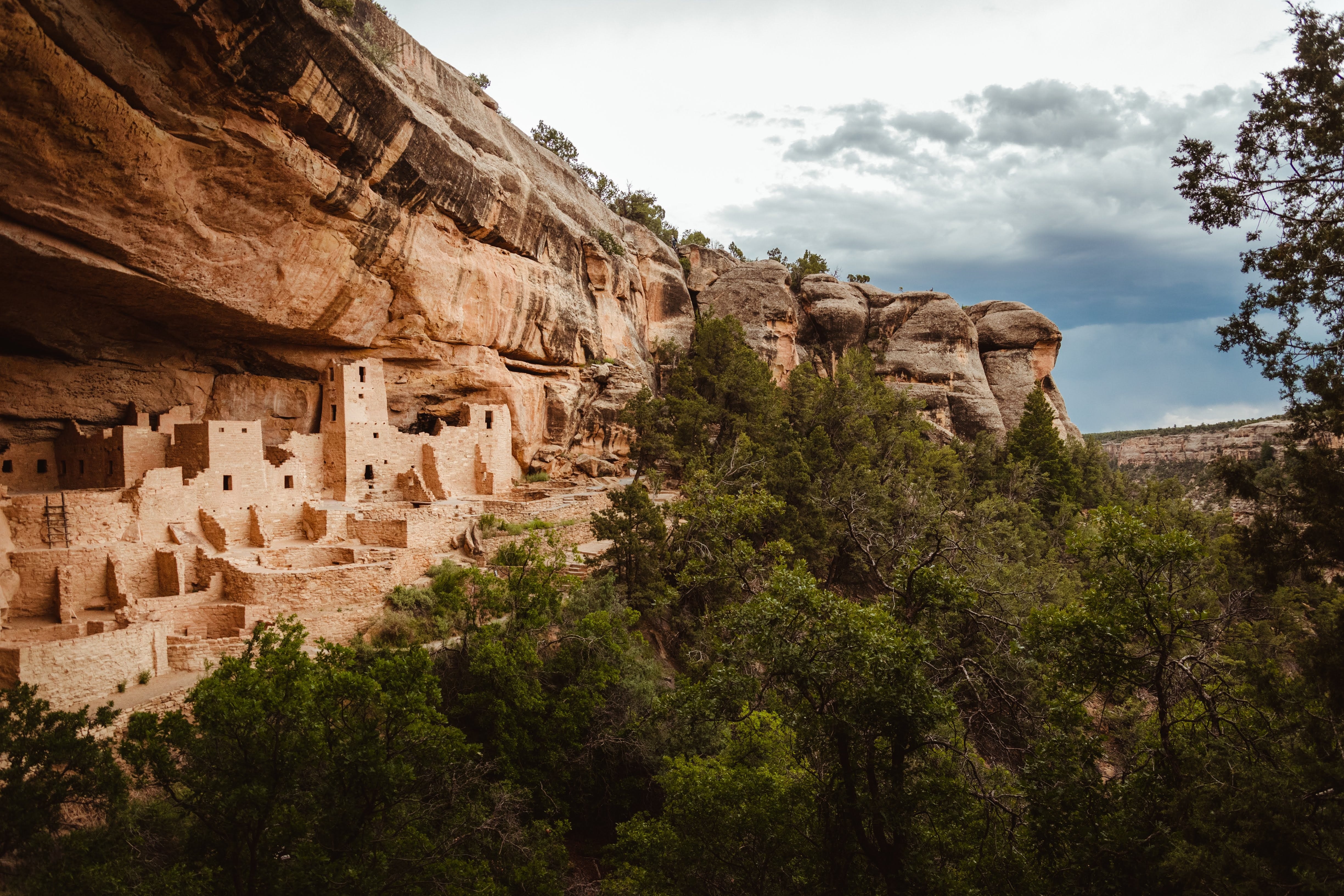Exploring the Roots of Society
Part I: Individualism vs. Community
🤓 Bite-Sized Knurd: The roots of individualism came when economic power was expanded to everyday citizens, but many fear the rise of individualism leads to a loss of community and collective action.
Read on for more…
As the pandemic hit, many people began questioning how our societies functioned, how healthy they are, and if there was a better way. The most scrutinized ideal has been individualism.
Individualism is a social and political philosophy that the interests of the individual are or should be paramount.
The history of individualism is hard to pin down, but we know the term arose during the Reformation in Europe in the 16th century. This was at a time when the European public was beginning to see more freedom. With more established social classes, there were greater opportunities for upward mobility.
You can see why individualism was appealing at the time. With greater freedom, everyday citizens had more economic power to advance their position in society and more autonomy in how they used their wealth.
Sounds great on the surface, right?
The downside is with increased individualism, there is a loss of focus on community.
Leading “each citizen to isolate himself from his fellows and to draw apart with his family and friends,” individualism sapped the “virtues of public life.” - French philosopher Alexis de Tocqueville
Back to the Roots of Community

Humans were not meant to live individually. Since the dawn of humanity, there has been community. The need to work together to solve a collective goal: to live and survive. Archeological sites in Kenya, the birthplace of humanity, have found evidence of large social networks, innovative tools, and trade routes, as early as 320,000 years ago, well before humans migrated to Europe 50,000 years ago.
Native American culture is also a great example of how community-focused principles lead to a robust and healthy society.
Most Native American cultures have a holistic view. Not only is community defined as family, but they view the natural world, all living people, animals, plants, our ancestors, and future generations as an integrated whole.
Native Americans recognize that we are all members of an ecological community and that makes us all responsible to support and protect. We each have a role to play to advance the collective needs.
With that recognition comes the importance of a healthy individual to maintain a healthy society. In individualistic societies, the task of improving your mental health is on you. In contrast, Native communities see group support as the primary way to heal. What an incredibly profound idea in the context of our modern Western societies!
Next Week: The uniquely American ideal of individualism
The Good Knurd:
Nows your chance to join in on the action! Thoughtful ways to influence change within yourself and your local community.
- 🤔 Thought Starter: Reflect on your own values. Do you align more with individualism or community-focused?
- 🗣️ Discussion: Talk with your friends & family about their views. What are the downsides to a society that is overly individualistic? Or overly community-based?
We’d love to hear your thoughts. Leave a comment to share your perspective.
Next Up
the roots of change media Newsletter
Join the newsletter to receive the latest updates in your inbox.




